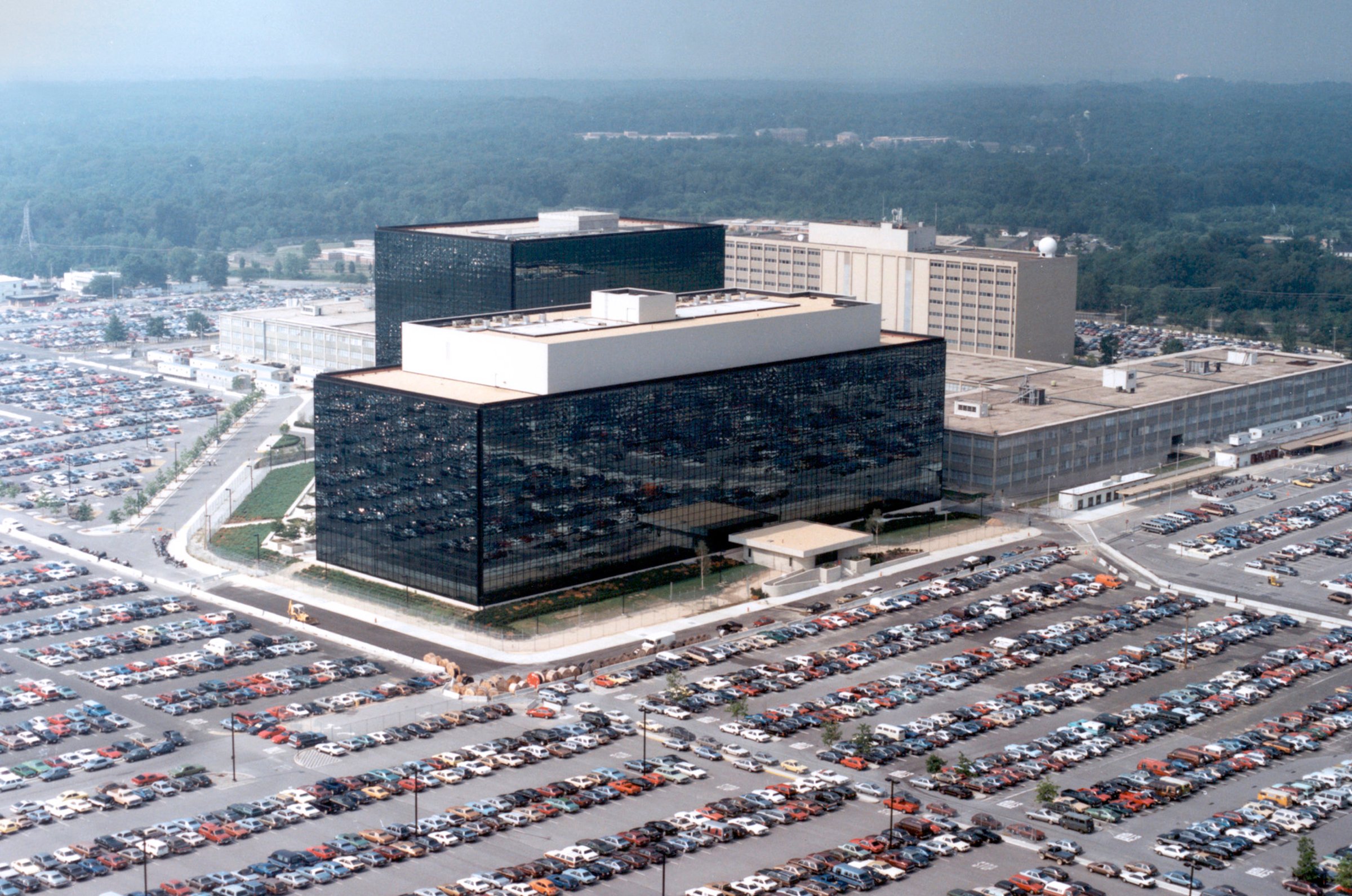
President Barack Obama is set to announce a new proposal to scale back one of the most sweeping and controversial domestic surveillance programs in U.S. history, according to multiple reports.
The proposal, which will be presented to Congress, would end the National Security Agency’s collection of vast amounts of data about U.S. phone calls, according to the New York Times, which first reported the plan.
The Obama proposal is the most significant White House effort yet to address the global furor that was sparked after former NSA contractor Edward Snowden leaked reams of classified documents about the NSA’s secret snooping programs. The proposal would end the NSA’s bulk collection of so-called phone metadata, which includes the number the target called, when the call was made and how long the conversation lasted.
The NSA phone-metadata-collection program was part of a secret U.S. surveillance system that former President George W. Bush approved after the 9/11 attacks. It remained hidden from the public until the Snowden revelations.
Under the Obama proposal, the phone records would instead be retained by phone companies, including AT&T and Verizon. Those companies would not be required to retain the data for a longer period of time than they do now, the Times said. The proposed policy shift was not unexpected — it was one of the major recommendations of the President’s Review Group on Intelligence and Communications Technologies, which delivered its report in December.
(MORE: NSA Spying Scandal Could Cost U.S. Tech Giants Billions)
The timing of the White House proposal is also not a surprise. The current court order authorizing the NSA program — which the Foreign Intelligence Surveillance Court (FISC) must approve every three months — expires on Friday. The U.S. has decided to renew the NSA metadata-collection program for at least one more 90-day cycle, the Times said. The purpose of the program is to identify possible terrorist threats to the U.S., but government officials have offered scant evidence that the system has actually thwarted any major terrorist attacks.
On Tuesday, Representative Mike Rogers, the Michigan Republican, and Representative C.A. Dutch Ruppersberger, the Maryland Democrat, will introduce bipartisan legislation also designed to scale back the NSA’s bulk collection of phone metadata. The two lawmakers told the Washington Post on Monday that their goal is that their bill “can be the compromise vehicle that arrives at the President’s desk.”
The White House proposal differs from the Rogers-Ruppersberger legislation in key respects. The former would maintain FISC oversight with respect to individual phone-record orders, while the latter “would have the court issue an overarching order authorizing the program, but allow the NSA to issue subpoenas for specific phone records without prior judicial approval,” the Times said. Obama called on Congress in a press conference Tuesday to “pass the enabling legislation quickly,” saying his proposal would address many of critics’ concerns.
Instead of collecting and storing the phone records of millions of Americans, the White House proposes to obtain “individual orders” from the FISC that apply “only to records linked to phone numbers a judge agrees are likely tied to terrorism,” the Times reported. Under the current policy, the NSA holds the phone data for five years, under authorization by Section 215 of the Patriot Act.
The proposal will not require that phone companies retain the data “longer than the 18 months that federal regulations already generally require,” the paper reported, after intelligence agencies determined that the impact of that change “would be small because older data is less important.”
Under the new system, the FISC would require the phone companies to “swiftly provide” phone records “on a continuing basis,” including data about “any new calls placed or received after the order is received,” the Times reported. The new system would also allow the U.S. to seek phone records for people “two calls, or ‘hops,’ removed” from the original number that is being scrutinized, according to the paper.
Lauren Weinstein, a tech-policy expert and privacy advocate, expressed guarded optimism about the White House proposal. “On its face, this sounds like a definite improvement over the status quo of the program, but the devil will be in the details,” Weinstein says.
Reached by TIME, representatives of Verizon and AT&T both declined to comment on the White House proposal. Earlier this year, AT&T and Verizon began issuing so-called transparency reports providing data on the number of law-enforcement requests for customer information that the company receives in the U.S. and other countries. Those reports do not separately disclose information about orders made under FISA, but instead combine such orders with other government requests.
More Must-Reads from TIME
- Why Biden Dropped Out
- Ukraine’s Plan to Survive Trump
- The Rise of a New Kind of Parenting Guru
- The Chaos and Commotion of the RNC in Photos
- Why We All Have a Stake in Twisters’ Success
- 8 Eating Habits That Actually Improve Your Sleep
- Welcome to the Noah Lyles Olympics
- Get Our Paris Olympics Newsletter in Your Inbox
Contact us at letters@time.com